 Picture again the scenario every runner has experienced many times before; you’ve warmed up, stretched and started your run. Yet as you start out there is still that ache lingering in your calf, it’s not sore enough to make you stop but it is uncomfortable enough to keep from from concentrating on what’s important – your run.
Picture again the scenario every runner has experienced many times before; you’ve warmed up, stretched and started your run. Yet as you start out there is still that ache lingering in your calf, it’s not sore enough to make you stop but it is uncomfortable enough to keep from from concentrating on what’s important – your run.
Add to this the fact that it’s not really what you’d call an injury, so you don’t want to go to a doctor or physio. So what do you do, grin and bear it hoping that it will go away or do you, like an increasing amount of leading sports men and women in this country, seek the solace of a massage therapist?
Massage is older than organised sport itself it only losing popularity with the advances of mechanical and pharmaceutical alternatives in healthcare in the 20th century. While these can be effective in certain instances like broken bones, torn cartilage and post-op rehabilitation, many sports people and athletes in particular find a there is little concern about the middle ground; muscle dysfunction.
Muscle dysfunction can be described as anything from stiff or tight muscles to sprains and pulled muscles. While everyone has areas of tightness in their bodies, it is sports men and women who are particularly susceptible to muscle problems due to regimes undertaken. They also have the most to lose through the decreased levels of performance proved to come as a result of the lack of flexibility. This is where sports massage is particularly effective.
Sports massage works on many levels and has both physical and psychological benefits for the athlete. Pressure of the massage relaxes and lengthens tight tissues, rids congested areas of latent lactic acid and brings fresh supply to the muscles to allow for effective repair of the muscle tissues. It differs from traditional massage in that it involves deep tissue massage, and is therefore more effective at treating dysfunction as opposed to traditional massage which generally looks at relaxation and improved circulation.
Advantages therefore to the athlete of sports massage therefore include:
1. Increased physical efficiency
2. Decreased risk of injury
3. Greater flexibility of joints resulting in e.g. longer stride and therefore improved performance
4. Increased co-ordination
5. Improved muscular balance and postural awareness
6. Reduced stress, increased muscular relaxation

















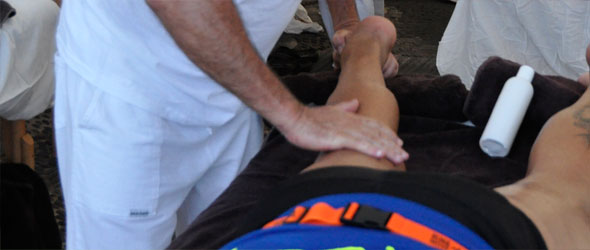
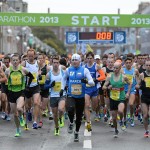

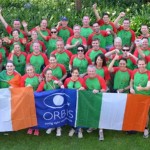


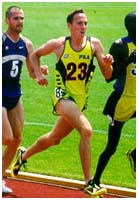
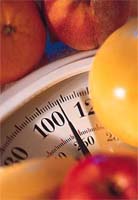
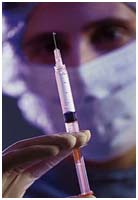


Speak Your Mind